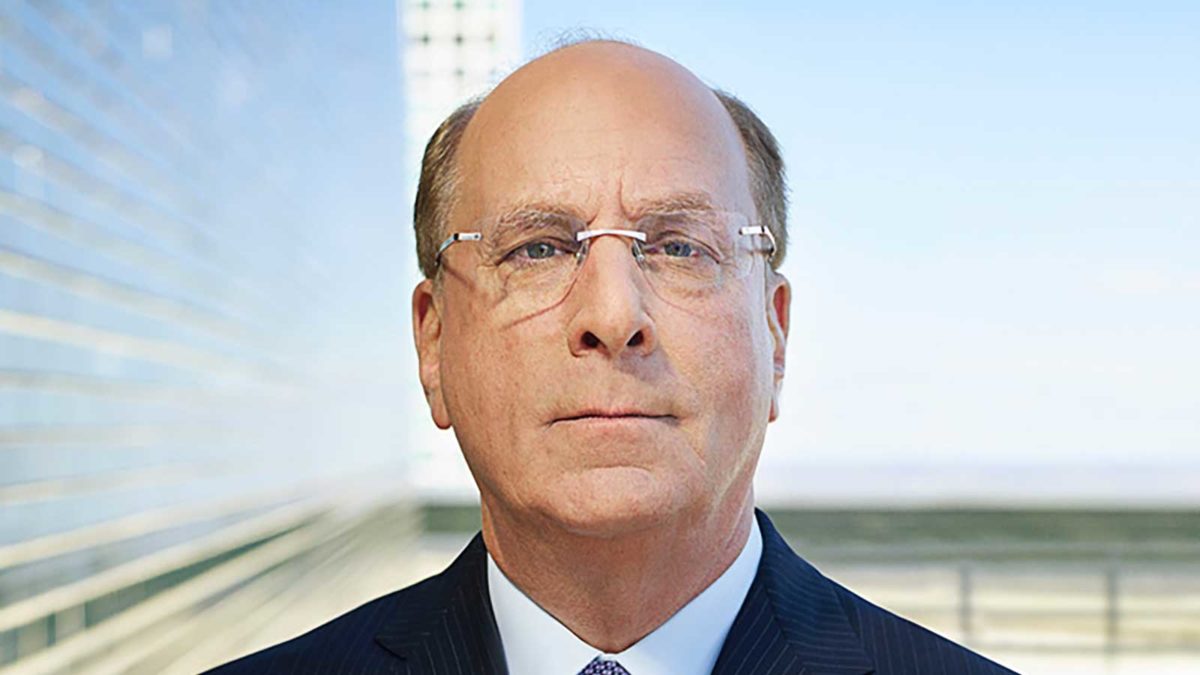Fink calls for proxy power to the people
Larry Fink wants to make capitalism a force for good. A new proxy advice initiative could be one step in the right direction.
Stakeholder capitalism is not about politics,” writes BlackRock CEO Larry Fink in his 2022 letter to CEOs. in his It is not a social or ideological agenda. It is not “woke.” It is capitalism, driven by mutually beneficial relationships between you and the employees, customers, suppliers, and communities your company relies on to prosper. This is the power of capitalism.”
And it’s in that environment that BlackRock, responsible for some $10 trillion in assets, has executed a shift to ESG investing that it hopes will reshape the face of business. Green is good, to bastardise that old saying. And not only is it good – it’s necessary. But BlackRock has limited avenues through which to pursue it. Fink’s 2020’s announcement that it would divest its active investments in thermal coal came with the caveat that most of the money wasn’t there – it was in the legion of exchange-traded passive products that have made BlackRock the biggest asset manager in the world.
The move to add screening to those passive products allowed for greater investor choice and the ability to opt-out of pollutive companies. But for his part, Fink believes divestment isn’t the right approach to take.
“Divesting from entire sectors – or simply passing carbon-intensive assets from public markets to private markets – will not get the world to net zero. And BlackRock does not pursue divestment from oil and gas companies as a policy,” Fink writes. “We do have some clients who choose to divest their assets while other clients reject that approach. Foresighted companies across a wide range of carbon intensive sectors are transforming their businesses, and their actions are a critical part of decarbonization.”
That’s part of the broader evolution of ESG thinking, which has seen screening fall by the wayside as investors try to work with companies that are already profitable to reshape their business for a greener world. But engagement isn’t an option for individual investors. Few can waltz into a meeting with the board of Fortescue, and in Australia they rely on groups like the Australian Shareholders Association and the proxy advisers that serve their super funds to carry out their will.
With these conditions seemingly in mind, BlackRock is now pursuing plans to “democratise” corporate governance by opening up proxy voting to individual investors. Fink says that while expanding proxy voting rights to individual fund investors still faces “significant regulatory and logistical hurdles”, such a move “could bring more democracy and more voices to capitalism”.
“Every investor deserves the right to be heard,” Fink writes. “We will continue to pursue innovation and work with other market participants and regulators to help advance this vision toward reality.”
Traditionally, individual investors have little input into fund proxy voting decisions – especially for index-based strategies – that are either executed based on manager preferences, outsourced to specialist third-party advisers or ignored. But BlackRock kicked off the proxy democracy movement this year, enabling institutional investors in global passive mandates and some US- and UK-domiciled pooled index funds to vote shares.
The change will open up the proxy voting decision to about US$2 trillion of BlackRock passively managed assets – or 40 per cent of the total US$4.8 trillion of index money held by the firm on behalf of 60 million underlying individual investors.
“Much like asset allocation and portfolio construction, where some clients take an active role while others outsource these decisions to us, more of our clients are interested in having a say in how their index holdings are voted,” BlackRock said in a note. “We want to provide choice to these clients while continuing to support those who have selected BlackRock’s industry-leading investment stewardship team to vote on their behalf.”
With primary reporting by David Chaplin










